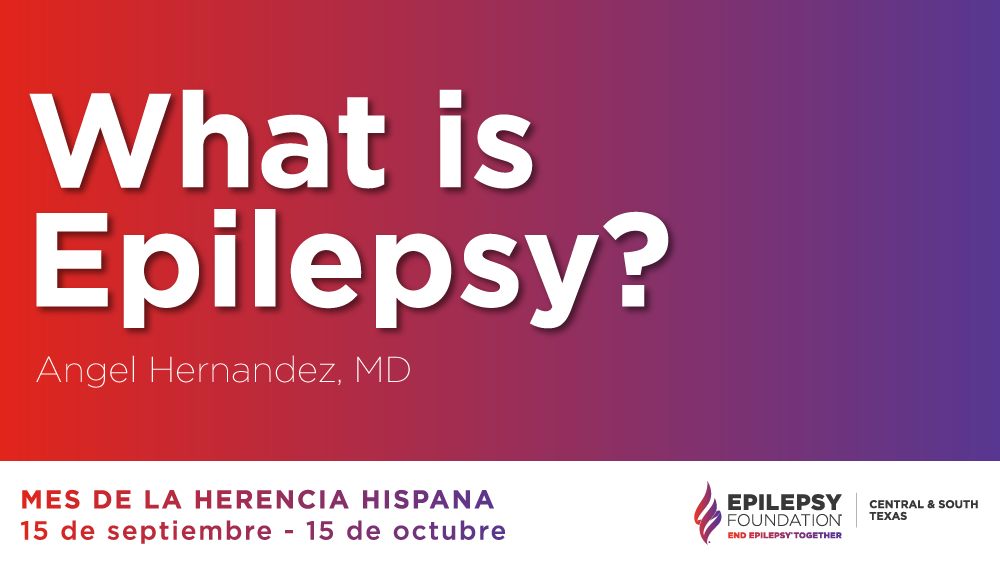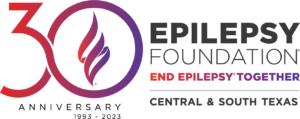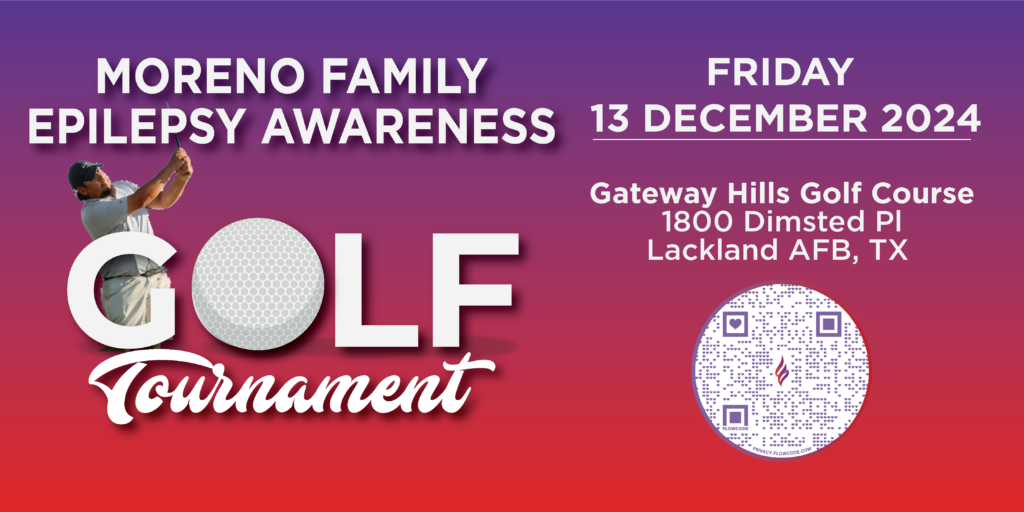
Angel Hernandez, MD
Lea este blog en español aquí.
Epilepsy is a disease of the nervous system. It is usually diagnosed after a person has had at least two seizures (or after one seizure with a high risk for more) that were not caused by some known medical condition. About half of the people who have one seizure without a clear cause will have another one, usually within 6 months. If there is a known cause for your seizure (for example, brain injury or other type of known brain condition), then you are twice as likely to have another seizure.
Since 2003, Hispanics have become the largest minority group in the United States, representing an important part of the American population. Currently, there are approximately 60.6 million Hispanics in the U.S. (18% of US population). Approximately 1 in 26 people in this country could potentially suffer from epilepsy. We know that more than 3.4 million people living in the United States are diagnosed with epilepsy, and thus, approximately 710,000 of them are Hispanic.
Although, epilepsy can affect everyone, it occurs more frequently in communities with lack of access to care, such as Hispanic communities. Despite its prevalence within the U.S., people still do not completely understand epilepsy and there are many misperceptions that surround it. This all contributes to discrimination, difficulty with diagnosis, and even failure to follow a treatment plan for their seizures.
Key Facts to Remember
- If a family member has epilepsy, talk to the rest of the family and educate them about the condition, how to recognize seizures and how to offer seizure first aid.
- Know that it is rare for people to die from epilepsy unless they have other comorbid conditions.
- Epilepsy is not a contagious disease.
- A great majority of people with epilepsy can drive and hold jobs.
- Epilepsy is NOT a mental or psychiatric condition; epilepsy is a neurological condition. Seizures are caused by disturbances in the electrical activity of the brain. The seizures in epilepsy may be related to a brain injury, genetics, immune, infectious, brain structure or metabolic cause, but most of the time the cause is unknown.
Epilepsy and COVID-19
It is important also to talk about Epilepsy and COVID 19 which is affecting the Hispanic and Hispanic-American populations in their own ways. Although having epilepsy does not increase the risk of getting COVID 19 and does not increase the severity of COVID 19 symptoms (as long as there are no other health conditions or seizures are controlled), individuals who are living with epilepsy should be aware of COVID 19 precautions. The most common way of being exposed to COVID-19 is through the spread of droplets in the air when a person with the virus coughs, sneezes or talks, which is why physical distancing and wearing masks continue to be recommended as necessary precautions. According to the Centers for Disease Control and Prevention (CDC), symptoms may include cough, fever, pain, and shortness of breath. Fever can trigger seizures, and thus, COVID-19 could exacerbate seizures in people with epilepsy. Some seizure medications (i.e. ACTH, steroids, everolimus, immunotherapies) could compromise the immune system, and therefore, cause someone who is diagnosed with COVID-19 and living with epilepsy to encounter immense health challenges.
Learn More During Hispanic Heritage Month
The good news is that epilepsy does not have to become a serious health episode if we have the right information. Epilepsy is a disease, but not a life sentence. The Epilepsy Foundation’s Multicultural Outreach Program, which includes Hispanic Outreach, is designed to debunk all fear and myths associated with epilepsy. It is also important to know how to provide seizure first aid to someone having a seizure. Learn the three basic steps to seizure first aid (Stay Safe Side) or sign up for a free seizure first aid certification class. Through continuous training, education activities and partnerships, the Epilepsy Foundation helps people affected by this condition live a happier and healthier life.
For more information, visit the Epilepsy Foundation’s new page in Spanish: Epilepsy.com/Espanol.
###
Angel W. Hernandez, MD, is the Division Chief, Neurosciences at Helen DeVos Children’s Hospital (Grand Rapids, Michigan) and editor for the Spanish-language content on epilepsy.com.





Comments are closed.